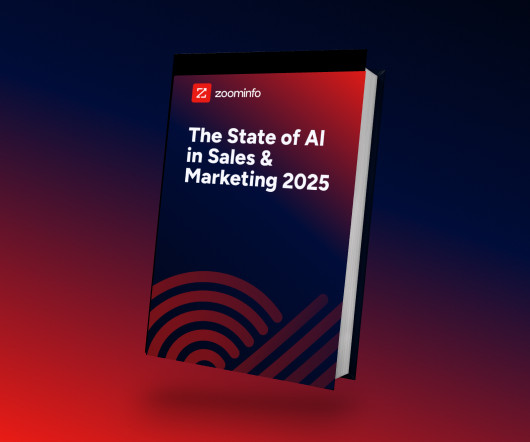Guts and Fairness: How Bacteria May Influence Your Behaviour
INSEAD Knowledge
MAY 19, 2024
Every day, we make many decisions that affect not just ourselves but also the people around us. A few examples: Navigating different opinions at a team meeting, tipping wait staff at a restaurant, picking a weekend activity with friends, or choosing between conventional and sustainable but more expensive products. Traditionally, researchers have focused on self-interest, social norms and cognitive processes to explain how we make decisions in social contexts.












Let's personalize your content